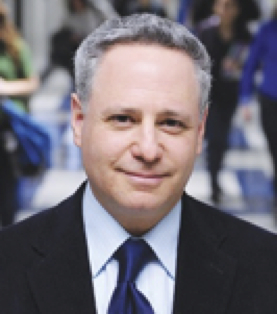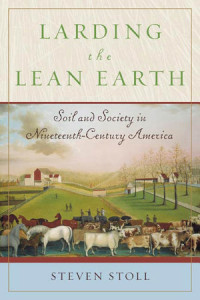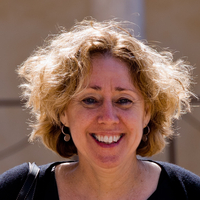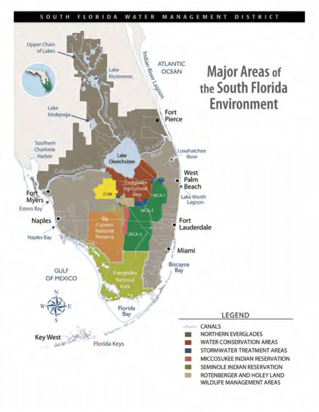
Professor Steven Stoll
Steven Stoll became a member of the Fordham History Department in 2008. His classes and research focus on the history of capitalism and environmental history and more specifically how these two topics intersect. Stoll’s work is extremely relevant today as politicians and scientists debate climate change; activists and industry clash over fracking; California struggles through drought; and farmers raise ethical concerns about GMOs. But what is environmental history? For Stoll, environmental history is the story of how humans have changed the planet, how societies have lived well (or not so well) with the environment, and how different societies at different points in time have thought about ‘nature’. He explained that people’s ideas about the Earth and the environment have changed drastically over the last 400 years. Stoll said, “Students, and a lot of other people, look at New York City and how we live today—the kinds of houses we live in, the kinds of energies and conveniences we have—and though they know it hasn’t always been this way, they assume that all of this is normal, that things are supposed to be this way.. I try to show them that our way of life has existed for an astonishingly short period of time. To me, the most exciting use of history is to take ideas that people think are universal or derived from ‘nature’ and reveal their recent origins.”
Professor Stoll questions the notion of progress, his views are in direct opposition to what most of his students and readers learned growing-up in Western society. Walt Disney World’s Carousel of Progress celebrates progress without any critical examination and perpetuates the idea that each new technological advancement is an inevitable improvement to society. However, Stoll argues that there is no “spirit of progress embedded in human history” driving technological change. He explains that technological progress “occurs for very specific reasons, but always because someone invents something that fulfills a social goal.” What constitutes progress depends on who benefits from technological change, he says. Stoll encourages his students and readers to step outside of their lives and experiences to critically examine the world.
He laughed good naturedly while saying, “My courses are about how everything we know comes out of the past, just like any other historian.” His course on North American environmental history is not just abstract topics (like the nature of progress) but covers people, inventions, and events like the Erie Canal, the construction of American railroads, the fate of the passenger pigeon, the Ice-Age migration of American-Indians, and the history of industrialization. He explores the interaction between capitalism and the environment in his two books The Fruits of Natural Advantage: Making the Industrial Countryside in California and Larding the Lean Earth: Soil and Society in Nineteenth- Century America.

Larding the Lean Earth by Steven Stoll published in 2002
Stoll is currently working on his fifth book, which focuses geographically on the Appalachian Mountains. “At first, I didn’t really know what I wanted to say about it, honestly. It’s a big and complicated place. But I knew I wanted write about how the people who lived in the mountains lost their land, how mountain people who lived in log cabins became coal miners, not necessarily by choice, but how the industry and the state transformed their environment and forced them into wage work as the only way to make a living.” In his book on Appalachia, Stoll examines how ‘mountain people’ lived independently with their own system and means of survival and the factors led to the destruction of this way of life. He also explores aspects of mountain society itself, like population growth and environmental erosion, and also how society changed when “capital came into the mountains.” The book covers Appalachia between the Whiskey Rebellion and the Great Depression.
Long after speaking with Dr. Stoll my brain was stuck on the slice of avocado I had with my lunch. Who grew this avocado? Who owned the land it was grown on? Who, if anyone, owned the genetic code in the seeds? Who picked and packaged this fruit? What are the conditions under which they work? If it was a California avocado, how much water did it take to grow this fruit? Who has the ‘right’ to water during a shortage,? It was just an avocado, which I had eaten so many times before but now it was so much more than that.
If you’re interested in Steven Stoll’s work you can read his article “No Man’s Land” published online in the Orion Magazine, as well as his two books The Fruits of Natural Advantage: Making the Industrial Country Side in California and Larding the Lean Earth: Soil and Society in Nineteenth-Century America. And, of course, be on the look-out for his upcoming monograph on Appalachia.












